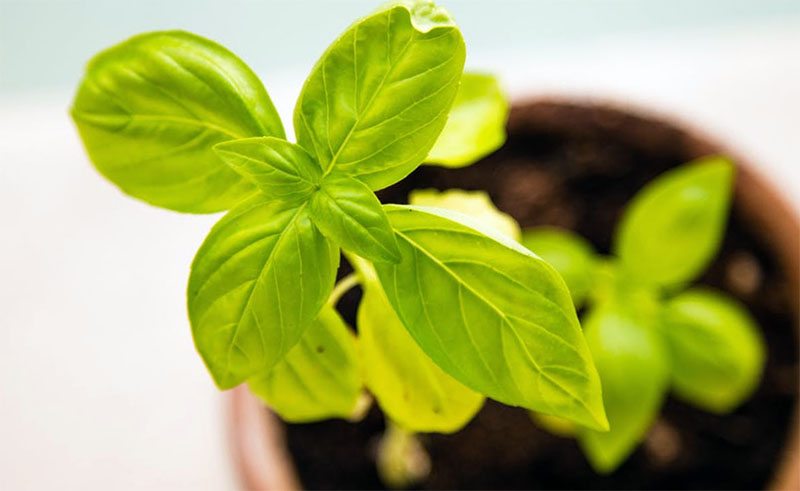
by Herb Exchange | Jan 29, 2018 | Basics, Herbs, Tuesday Tips |
I’ll be the first to admit it: growing herbs indoors is not as easy as growing them outdoors. But, rest assured, it can be done. Since I have a lot of greenhouse space, plenty of light and water and 24/7 attention, I never felt the need to grow them indoors, at home. But, over the years, as your questions about indoor growing became more numerous and specific, I began to grow more and more of them in our bright little ‘life of it’ room (named by my then 6 year old son, who on a cold wintery day, proclaimed that our warm sunny haven was ‘the life of it’) – not sure where that came from, but it stuck. Twenty -three years later, it’s still bright and sunny and filled with herbs ferns, gardenias and a lot of citrus trees and bushes. (more…)
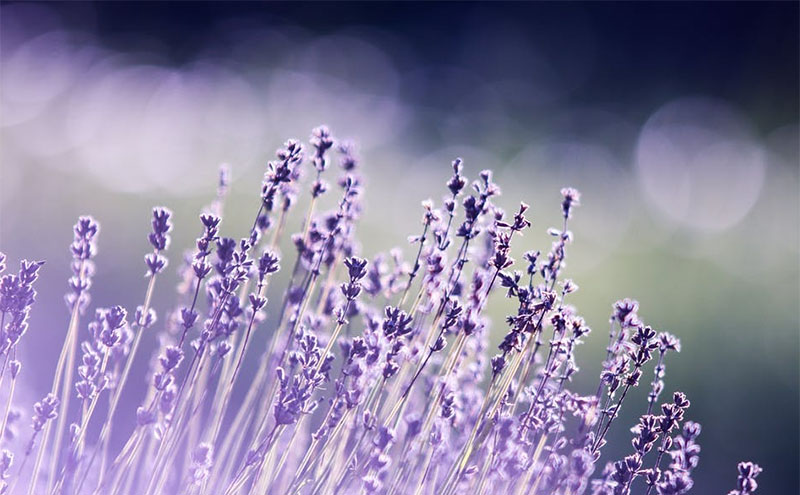
by Herb Exchange | Jan 8, 2018 | Basics, Herbs, Tuesday Tips |
Trying to unravel the tangled web of species under the genus Lavandula is a challenge to event the most accomplished horticulturalist. There is a lot of misinformation out there, so dear customer, please note that there is no such thing as English lavender!
There has been a lot of cross breeding that has resulted in a huge number of cultivars, even creating a bunch of sterile plants that are humorously known as ‘mule hybrids’!
The most widely grown lavender, commercially used for cosmetics and scent, is Lavandula Intermedia. This popular variety is a cross between L. angustifolia and L. latifolia; you will find this variety growing commercially throughout France, as well as in the largest producing country, Bulgaria. Commonly referred to as lavandin, these are extremely hardy plants with long flowering periods. (more…)
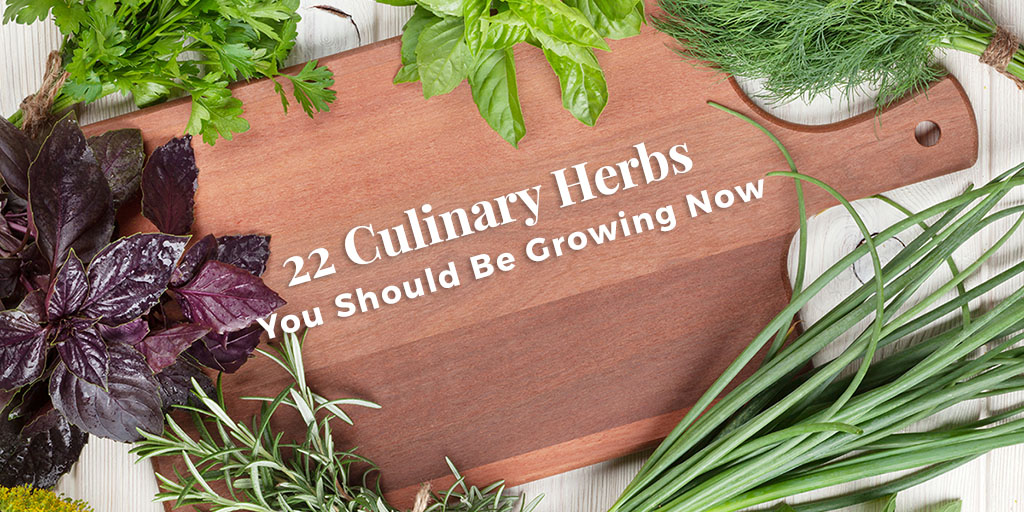
by Herb Exchange | Oct 18, 2017 | Basics, Gardening, Herbs |
22 Culinary Herbs You Should Be Growing Now
Cooler weather is on its way, and for many, the drop in temperature brings with it a pull toward the kitchen and a longing to create the perfect culinary masterpiece. Make sure that your cooking space is well-stocked this year with culinary herbs you can harvest from your own fall garden. And if you’ve never cooked with fresh culinary herbs before, you have no idea what you’re missing! Planting herbs in the autumn months means they will be growing in the cool weather they like best. Instead of scorching in the hot summer sun, your herbs are sure to thrill you with how well they thrive.
Short on gardening space? Culinary herb plants tend to love growing in unique container planters, window boxes or even on balconies. No matter how you manage to find the space, having the right herbs ready for your next foray into cooking can make all the difference. Take time to learn about some must-have culinary herbs that are sure to flourish in your fall garden, those that will grow much better in an indoor container, and herbs that are best harvested in the summer and fall, to be preserved for use during the winter months. (more…)
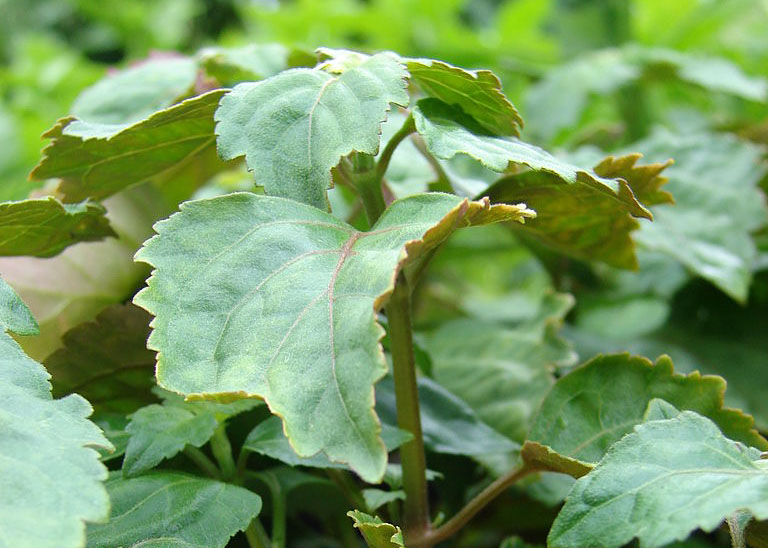
by Herb Exchange | Sep 5, 2017 | Basics, Gardening, Herbs, Indoor Gardening |
Patchouli is a plant species from the Lamianceae family, which also includes lavender, oregano, and mint. Although its scientific name is Pogostemon cablin, this perennial herb is more commonly known as stink weed, pucha pot, or putcha-pat. With so many names comes many uses, and patchouli’s potent aroma is what makes it a hot commodity among herb lovers today. It’s used for everything from aromatherapy to perfume and repellent.
Characteristics of Patchouli
Patchouli is native to Southeast Asia but is now cultivated throughout China, India, and parts of western Africa. It’s one of the bushier herbs and typically features a firm stem and small pale pink flowers. The plant averages two to three feet in length. (more…)
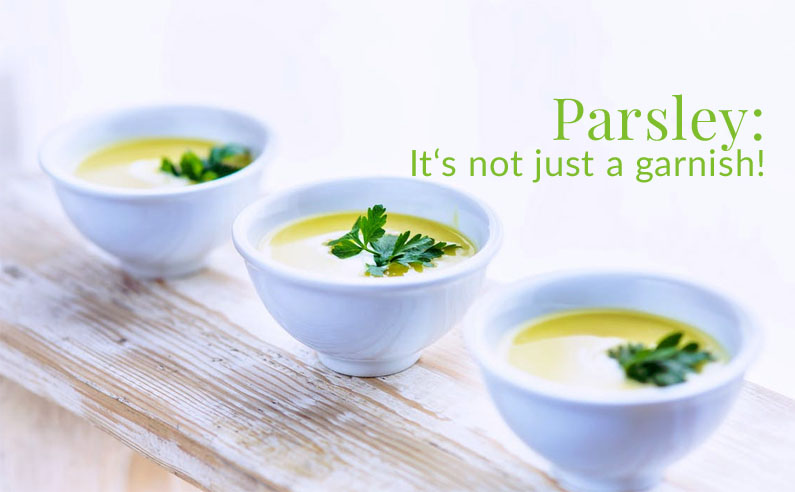
by Herb Exchange | Apr 11, 2017 | Basics, Herbs |
If you asked most people what role they thought that parsley plays in cooking, health and nutrition, they would most likely say that it is used as a garnish or decoration for other foods. It is that often ignored tuft of green bits on your plate that you have, for many years, pushed to the side in lieu of devouring everything else. This is done without a thought or care and those who make it a habit almost assuredly aren’t aware of what they are missing.
Parsley originated in southern Europe along the Mediterranean and prior to ever being thought of as food, parsley was consumed as medicine. Parsley is an extremely nutritious herb that can be easily grown in your own culinary or healing herb garden. Unbeknownst to most folks, parsley is the most popular and widely used herb in the world.
The biennial plant gets its name from the Greek word for “rock celery” and contains high levels of vitamins K, C & A as well as respectable amounts of iron and potassium. If you were ever curious about what parsley can do for you keep reading to find out the benefits you’ve been forgoing by pushing aside this little green herbal dynamo. (more…)
by Herb Exchange | Apr 5, 2017 | Gardening, Herbs |
My guilty secret? Binge watching bad TV on Sunday afternoons after I’ve put the greenhouses ‘to bed’. I get the biggest kick out of the commercials, especially the one for a well-known heartburn medication. Basically, the message is this: stuff your face until your body produces so much acid to deal with so much food and take this pill so you can ignore the warning signs your body is giving you and keep stuffing your face.
We’ve lost the art of looking after ourselves. I know people who treat their cars better than they treat their own bodies. They know more about the intricacies of a football play than they do about their own emotional well being. We’ve become really dependent on other people and other properties to take care of what is ours; we are reliant on those ‘purple pills’ to feel good. We have started to treat the symptoms (acid reflux) but not the root causes (glutony).
Don’t get me wrong. I’m am both thrilled and lucky to have access to exceptional care in this age of ‘modern medicine‘. And, we never, ever advocate the use of herbal remedies without the advice of health professionals. However, it is important to remember that for most of mankind’s history, natural medicine has been used as a preventative measure. I’m only pointing to the fact that there is an important role for medicinal herbs in the management of common health issues and in the maintenance of general health. (more…)





